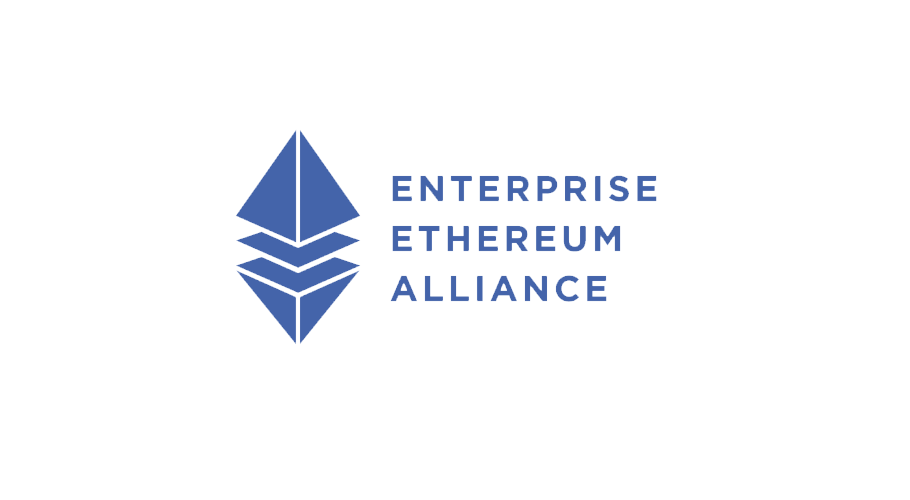The Enterprise Ethereum Alliance (EEA), the member-driven standards organization whose charter is to develop open, blockchain specifications, today announced the publication of the Enterprise Ethereum Client Specification V3, which is now available to download. The new specification simplifies the permissions system, improving its flexibility, as well as addressing performance and interoperability issues based on feedback and implementation experience.
The EEA further announced the latest Off-Chain Trusted Compute Specification V1 document, also now available.
The EEA Technical Standards Working Group produced the EEA Enterprise Ethereum Client Specification based on implementation experience from BlockApps’, Clearmatics’, ConsenSys’ and J.P. Morgan Quorum’s enterprise software, feedback from customers deploying that software, and input from the EEA Special Interest Groups across multiple industries. The open standards-based framework incorporates technical contributions from the EEA’s member base of enterprise, technology and platform companies encompassing a vibrant global enterprise and developer community.
Notable enhancements in Specification since the last release in October include:
- A significantly simplified permissions system. This system makes it easier to ensure that different clients handle permissioned networks in the same way, while providing increased flexibility to build a wider range of permission systems to meet individual enterprise needs
- Improved clarity in requirements, to simplify implementation and conformance testing
- Adoption of the Clique Proof of Authority consensus algorithm as a first common baseline. A Byzantine Fault Tolerant algorithm is an expected addition as a second baseline in the next release
- Incorporated improvements made to the Ethereum ecosystem
“By applying a global standard to enterprise blockchain development, EEA’s Enterprise Ethereum Specification V3 paves the way for innovation across multiple blockchain clients,” said Ron Resnick, EEA Executive Director. “Now enterprises and startups working with the industry’s largest developer ecosystem can easily and cost-effectively mix and match applications based on real market needs.”
With hundreds of organizations as members, the EEA anticipates continuous momentum as members work with the global development community to build, test and certify solutions to grow the ecosystem. The EEA is developing a TestNet to assure interoperability across member solutions. Also, the EEA will oversee a members-only certification program to ensure that solutions conform and interoperate with the standard, building confidence in an offering’s performance.
“The EEA Specification release is another important step towards fostering an open ecosystem of innovation across blockchain use cases, especially for global companies and startups who are adopting this technology. Accenture is proud to be a founding EEA member, and we are ready to leverage the EEA Specification and coming TestNet and Certification Programs to help accelerate innovative ways of unlocking value for clients, while creating more flexibility to meet changing enterprise needs, ” said David Treat, vice chairman of the EEA, managing director and global blockchain lead at Accenture.
“By solving the universal and permissioning needs of its members, the EEA Enterprise Ethereum Client Specification V3 serves as a critical framework to facilitate more valuable interactions, more efficiently, across organizational boundaries. The EEA’s Specification and ongoing standards work are critical to enabling entire sectors and industries to build shared collaborative infrastructure that will accelerate Ethereum-based business applications from digital identities and supply chains to financial industry platforms, consumer financial services and beyond,” said Jeremy Millar, a founding EEA member and chief of staff, ConsenSys.
